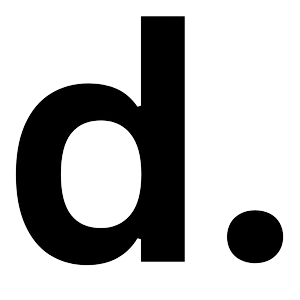What does work mean to you?

A reader recently asked, "Is it weird I only view work as an exchange of time for money?"
It's easy to assume that he may not be doing work that allows him to use his strengths and feel energized every day. Or that if he understood his values more clearly, he'd know what he was working for.
Regardless of opinions, many people simply have different perspectives on work based on how they were raised, false assumptions, or other environmental factors.
Most people see work from one of three viewpoints. Work is either:
a) a job
b) a career
c) a calling
Neither orientation is right or wrong.
People with a Job Orientation typically view their work as my reader described above. It's a way to pay the bills, support hobbies, and live life outside of work.
People with a Career Orientation view work as something they do for themself. It's a way to advance, impress, or strive for that next promotion. These folks enjoy setting goals to advance their careers and see them as an exciting "ladder" to climb.
People with a Calling Orientation view work as part of their identity. In addition to the paycheck, it brings them joy, meaning, and purpose. They are often working in support of a more significant cause or desired impact. They want to make a specific contribution to the world through their work.
There's no right or wrong way to view your work. However, people who view their work as a calling tend to be more satisfied with their personal and professional lives.
Although you might identify with one of these right now, your work orientation can change throughout your career.
For example, you might currently view your work as a job. But in the future, you might take a new role, start a new business, or dive into a different industry that opens you up to something else you're passionate about and shifts your orientation toward work.
If you're not feeling excited or fulfilled by your work, here are a few questions to consider:
- Which of these orientations describes how you currently view your work?
- Which of the three orientations would you prefer to have?
- What would need to change to shift your viewpoint?
- What small steps can you take to make it happen?
Need help figuring it out? Reply to this email, and I’ll help you get started.
Your coach,
Dan Marzullo
P.S. By the way... whenever you’re ready, here are 3 ways I can help you:
Work with me 1:1 - Need help getting unstuck? Get coaching when you need it without having to book a slot on your calendar.
Looking for a writer for your business, publication or project? Let’s chat to see how we can put your ideas on paper.
Feeling burnt out or struggling with adversity? Check out my masterclasses.
Dan's Dispatch Newsletter
Join the newsletter to receive the latest updates in your inbox.




